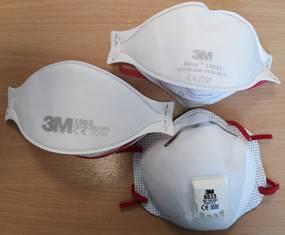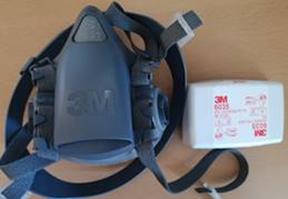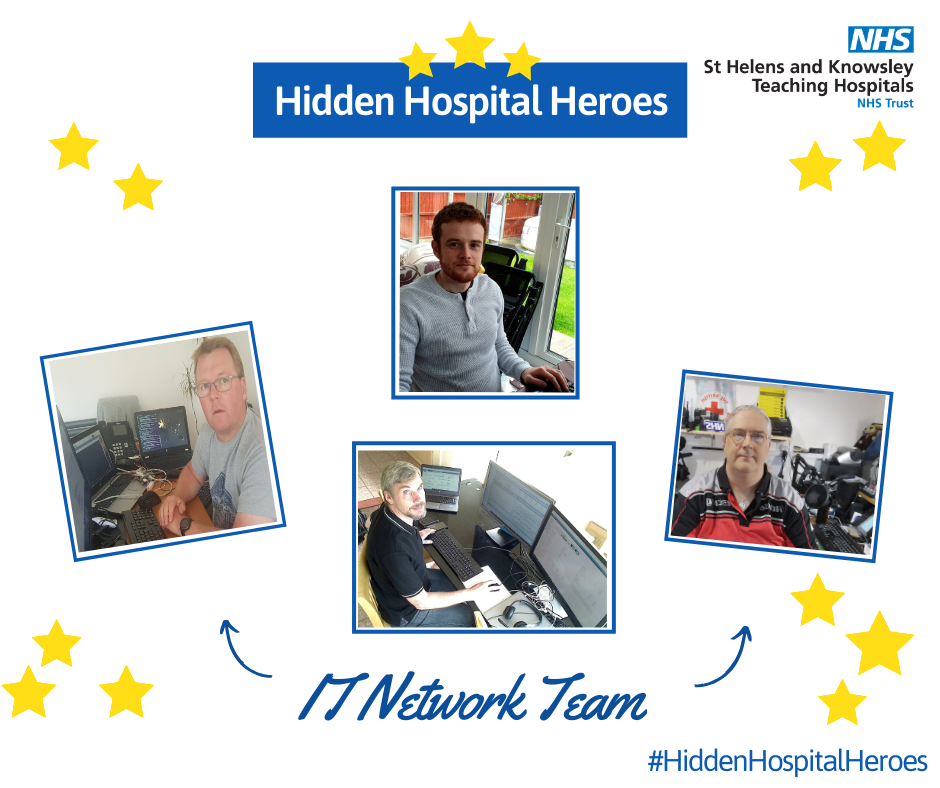Please remember to check the Staff Covid Website for the latest news and updates (password: STHKcovid19)
- June 2020 Payroll – Redeployment / absence payments
- Respirator filters – URGENT
- Cardiac Arrest Procedures
- Alcohol-based sanitiser – vehicle fires alert
- Hidden Heroes
—————————————————————————————————————————
JUNE 2020 PAYROLL – REDEPLOYMENT / ABSENCE PAY
Following the release of the June 2020 payslips on ESR, queries have been raised concerning payments appearing as ‘COVID19 Average’ pay for some staff.
The Trust is required to ensure that Agenda for Change staff do not suffer a financial detriment as a result of Covid-19, whether due to redeployment, or absences for sickness, shielding or self-isolation.
To undertake this calculation, for those redeployed/shielding, the staff member’s average pay for the 52 weeks prior to redeployment/shielding has been reviewed to ensure that their pay during this time is as per their average pay over the previous 12 months.
Where pay during redeployment/shielding equates to more than this average, no additional payment will be made.
For those absent due to sickness or self-isolation, their expected pay during this time has been paid where available, if not available, a 52 week average has been paid.
Redeployed staff will have received any monies owed for March, April and May in the June 2020 payroll. All other staff have been receiving these payments during their absence.
Any queries relating to redeployment payments should be directed to the Redeployment Hub in the first instance. If staff believe they have received this pay incorrectly, received payment for a longer period than they were redeployed, or believe they have not received payment and should have, please email: covidstaff@sthk.nhs.uk
For payments regarding all other absences, staff should speak to their line manager in the first instance to ensure the absence has been captured accurately. If recorded as per Trust requirements, please contact Payroll: sthkpayroll@sthhk.nhs.uk
————————————————————————————————————————-
RESPIRATOR FILTERS – URGENT
In March 2020, it was identified that some 3M FFP3 single use masks that were sent from the National Pandemic store appeared to be ‘out of date’, but these were approved as fit for use by NHSI.
This was communicated out within the Trust and remains applicable and is still applicable across all NHS organisations:
It has since been brought to our attention that there are some half face respirators (3M model 7500) being used.
If you have any filters and they are past their use by date, then please do not use them. An order has been placed with 3M for the new filters.
To help distinguish between the 2:
- Single use FFP3 face masks (3M) deemed fit to use when ‘out of date’:

2. Half face respirators (below)- must not be used with out of date filters:

CARDIAC ARREST PROCEDURES
For all cardiac arrests the following procedure MUST be followed to ensure patient and staff safety:
No more than 5 team members to enter a room or bay whilst a cardiac arrest is in progress
· Cardiac Arrest Trolley MUST stay outside the room
· Defibrillator and pads to be passed into the room first, person wearing surgical mask, plastic apron, gloves and eye protection to deliver 3 stacked shocks, if shockable rhythm, then leave the room – no ventilations or compressions
· One person to stay with the trolley outside the room as “Gatekeeper” wearing a surgical mask, plastic apron, gloves and eye protection. They must ensure only 5 team members maximum enter the room
· The Gatekeeper must ensure staff don on long sleeved surgical gown, gloves, FFP3 mask and visor or goggles before to entering the room and starting resuscitation. Visors should be used when available, if none available and the PPE mask has a valve, then a surgical mask must be put on over the FFP3 valve mask and googles worn. Full PPE x 5 stored in bottom of the arrest trolley and in ward clean utility room
· The Gatekeeper is responsible for passing items from the trolley into the room as required by finger-tip
· Advanced airway management, intubation and use of igels only to be performed by anaesthetic staff only
· Disposable equipment must not leave the room until bagged for disposal
· Blood samples are to be placed in a blue bag held by an external member (not the gatekeeper) they will complete a requisition form if required. In the case of ABGs this person (someone who can do ABG testing) should take the ABG sample to the nearest ABG machine available to carry out the testing wearing gloves
· Non-disposable equipment – defibrillator, leads etc. must be cleaned as per IPC instructions immediately to ensure equipment is available ASAP
Please direct any questions relating to the above procedure to paul.craven@sthk.nhs.uk
—————————————————————————————————————————-
ALCOHOL-BASED SANITISER – VEHICLE FIRES ALERTS
There has been a number of reports nationally of alcohol-based hand sanitiser being the cause of fires in vehicles during the hot weather the UK is currently experiencing.
The alcohol hand sanitiser is becoming heated resulting in flammable vapours being released. These vapours are reaching their ‘flashpoint’ and then ignite in normal air conditions, setting fire to flammable components within the car.
You should continue to use hand sanitiser as part of your hygiene routine, where you cannot use soap & water, but staff are advised to remove all alcohol-based hand sanitiser products from vehicles when they are not occupied.
Do not leave hand sanitiser in un-attended vehicles.
Remember: hand hygiene is one of the most effective methods to stop the spread of COVID-19.
————————————————————————————————————————–
HIDDEN HOSPITAL HEROES
Since the pandemic began, a significant number of staff (over 1000 more than usual) have been required to work from home on a daily basis.
The logistics of making this happen included installing new equipment and new internet links almost overnight.
The team have managed this increase in network usage, whilst ensuring the wider use of video conferencing for patient consultations and meetings between colleagues does not affect performance.
The IT Network Team are rarely seen but are invaluable to keeping our IT systems working efficiently, therefore assisting clinicians to provide the very best service to our patients.
